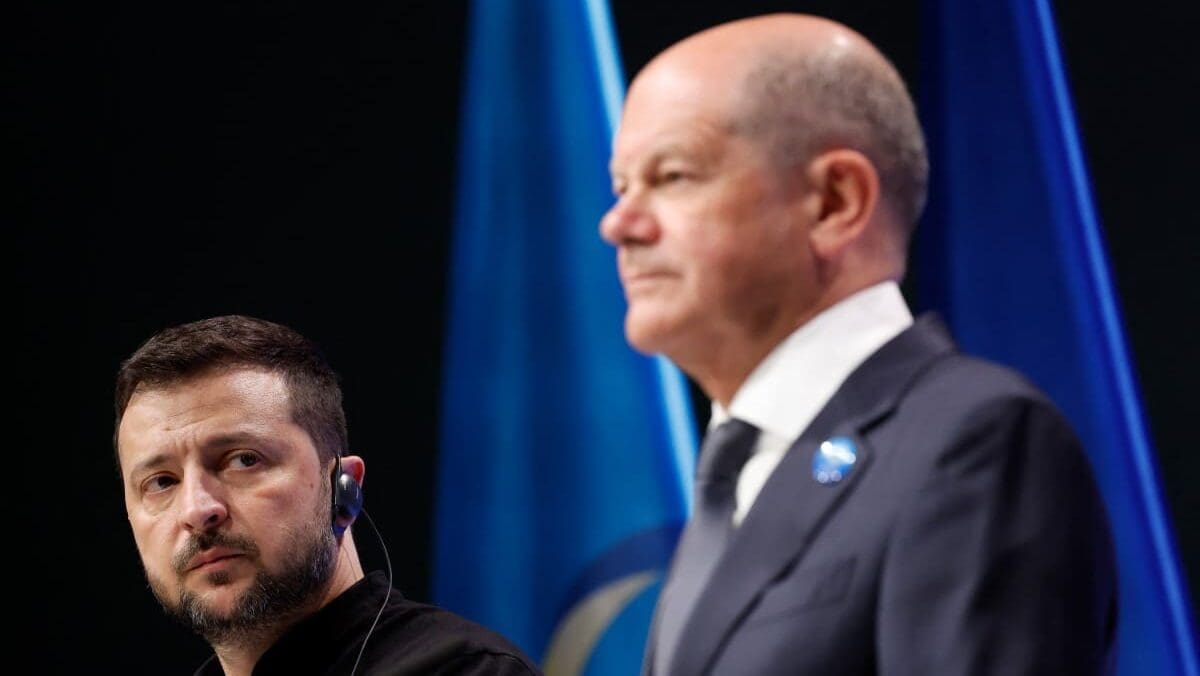
The German government has decided to halt all future military aid to Ukraine to reduce overspending as part of its new budget agreement, Frankfurter Allgemeine Zeitung (FAZ) reported on Saturday, August 17th. According to the confidential emails and documents uncovered by the paper, the moratorium is already in place but only affects new requests for funding, not previously-approved aid packages.
In a memo sent to the German defense ministry as early as August 5th, Finance Minister Christian Lindner said that Berlin would stop sending taxpayer funds to Ukraine, and instead rely entirely on the profits generated by Russia’s frozen assets.
In June, G7 leaders agreed during their summit in Italy to use Russia’s €300 billion in assets seized by G7, the EU, and the European Central Bank after the invasion of Ukraine—an annual sum of nearly €3 billion—to pay off the interests of a $50 billion loan they would provide to Ukraine. But details of the scheme, including what exactly Kyiv could use the money for, is yet to be decided and the negotiation may last for months.
Berlin had already signaled that it would seriously scale back Ukraine assistance starting next year because it can no longer afford it. Still, few would have expected that it would cut all of the €8 billion previously earmarked funds.
Back in July, the preliminary budget agreement only slashed the 2025 Ukraine budget by 50%, down to €4 billion. After the cabinet approved the draft document, Lindner commented that other European countries would need to step up their game to fill the hole Germany leaves in funding Ukraine’s war effort, but other sources (such as the Russian assets) will be used as well.
A growing number of politicians around Germany and Europe have been saying for months that Western nations are running out of spare cash for Ukraine. They urge instead a pivot to a pro-ceasefire strategy as soon as possible to save Kyiv from an even bigger catastrophe on the battlefield and to start negotiating with Russia while there are some chips left on the table.
This position is still considered taboo within mainstream political circles, yet even high-level politicians are now prepared to break it. “We can no longer provide funds for arms to Ukraine, only for these weapons to be used up and not to achieve anything. … We [Germany] are reaching our limits,” Michael Kretschmer, the prime minister of Saxony said earlier this month, arguing for a complete stop of weapon deliveries and finding solutions on the negotiating table instead.
